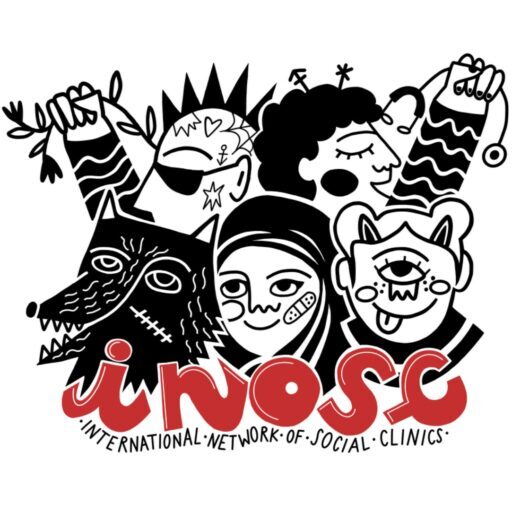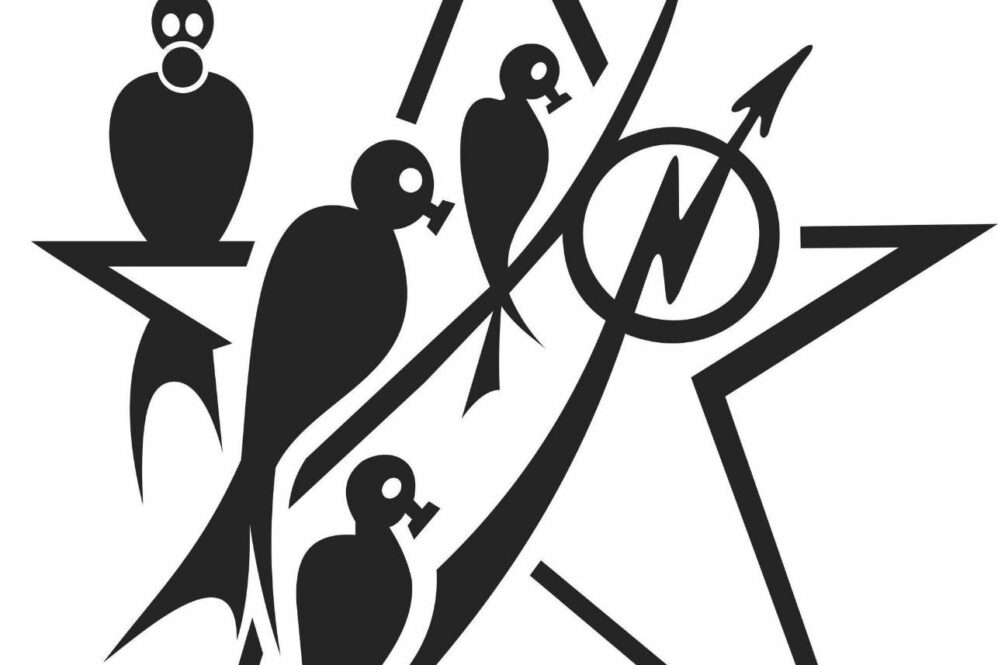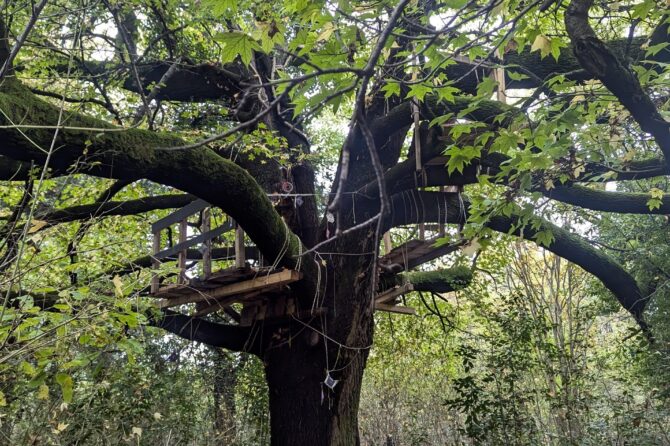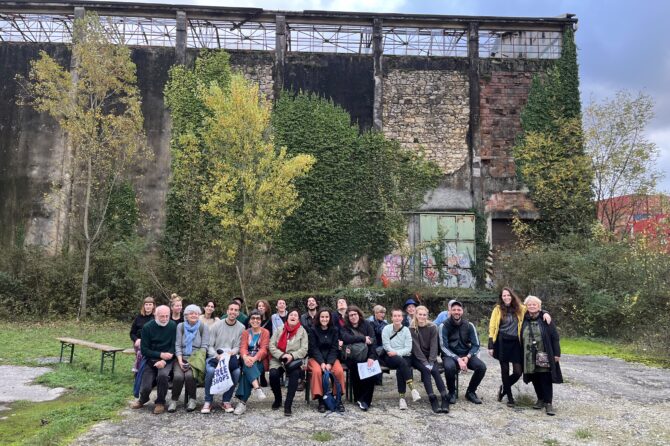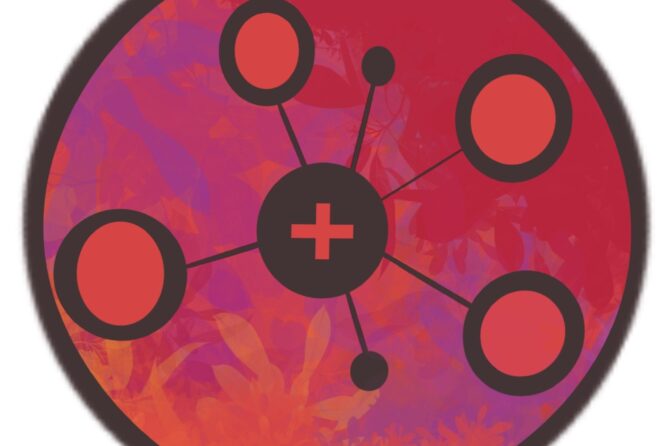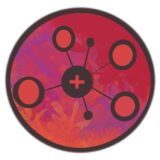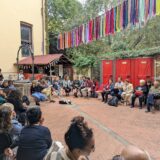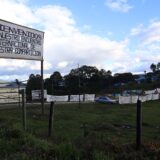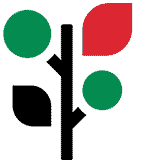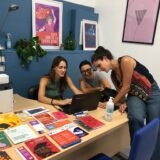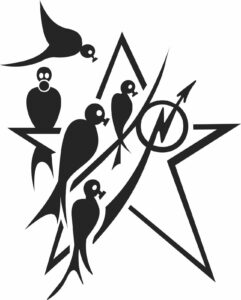
A few words about the Community of Squatted Prosfygika and the creation of the Health structure
The Community of Squatted Prosfygika is a horizontal self-organized social-political project of the social grassroots, where since 2010 it constitutes a center of struggle between two pillars of power, the General Police Administration of Attica and the Athens Court of Appeal. It is a set of people, relationships, structures and infrastructures, formed on the basis of a common culture and perspective , regardless of different religious, ethnic, political and other identities. It is a neighborhood of 400 residents living in 8 blocks (building complexes), full of life, with structures that respond to its needs, in terms of collective and
shared.
In the community there are numerous structures related to the internal economy, education and self-
education, women’s organization, etc. The formation of self-organized structures is a revolutionary process and a real counter-proposal for organizing our society and life outside the state and capitalism. Our structures are created on the basis of the needs of the community, but they are more than that: they are
an example of realistic social self-organisation in the here and now, through which it is possible to meet
the needs of those from below. It is in this context, and on the principles and values on the basis of which
the Community is structured, that the Health Structure has been created.
The Health Structure has existed in the form of a structure for the last 1.5 years. Before its establishment,
the health of the people of the community was dealt with by community members and other structures,
trying to find solutions to the multifaceted problems (medication, access to the health system, medical
appointments, paperwork, benefits…). The people who were then and are now involved with the Health
Structure do not do it from the position of an expert, but in the capacity of a community member with a
special interest in the health issue, with little or more knowledge and experience on these issues.
In 2020, we were faced with serious issues of mental suffering of a family in the neighbourhood and the
Community took the responsibility to resolve it, but without the appropriate knowledge and
experience. Due to the difficulty of the situation, the input of the Psi Initiative for a Diverse Mental Health
Movement was sought and played a key role in addressing and managing the issue. Gradually there came a
realization of how multifaceted problems the community was facing in relation to issues of mental pain,
physical health, addictions, with the presence of the Psi initiative stabilizing and taking responsibility
together with the community to solve them. All of the above on the basis of a radical perspective,
according to which issues of health and ‘illness’ are dialectically related to people’s socio-political
environment.
Gradually the structure began to function in a more organised way and to crystallise its political position.
We emphasized on mapping people in the community, especially older people or people without an ID
card. We have long recognised the need to organically link the different self-organised projects, solidarity
structures, social clinics, associations dealing with health, on the basis of putting together a holistic
counter-proposal capable of consolidating its premises in material terms. The awareness of the multiplicity
and complexity of the needs of the people around us was the impetus to move in this direction in practice.
Functions of the structure at present
The weekly program of the structure is set through its assembly, according to the needs, the collective
program, the overall agenda and the decisions of the General Assembly of the Community.
- • Mapping of people in the community with health issues, motivation and support to deal with their
health. - • Promote self-education and self-management around health through discussions, events and
practical knowledge around access and health care issues (first aid, booking medical appointments)
• Appointments for community people in government and non-government agencies.
Accompaniment to appointments and communication with doctors when needed (for seniors or
non-Greek speakers)
• Ensuring accessibility to health care for undocumented adults and children with pressure on the
public health care system (interventions, etc.)
• Covering the pharmaceutical needs of the community
• Holistic care for people in the community who are experiencing issues of mental pain/physical
illness/addictions (sustainability of their space, ensuring adherence to their medication, support on
a day-to-day level, for example companionship and inclusion in the works of thecommunity ,
ensuring appointments are kept)
• Working with the Psi initiative for a diverse mental health movement
• Communication and connection with other structures, unions, individuals (ADYE, Notara health
structure, St.Savas workers’ union, social clinics, Exarchia and Ilion, KIA (Social medical clinic of
solidarity of Thessaloniki) , solidarity doctors in public or private structures). Connection with ADYE
and the health structure of the refugee/migrant squat Notara 26, in order to cover the needs of the
three structures.
• A few months ago, the structure took the responsibility of renovating two houses in the community
so that they could host patients of the neighbouring cancer hospital “St. Savas” and their
companions. This was based on the understanding of health as a broader social and class issue,
involving exclusion and inequality. At the same time it is our response to the state narrative of
eviction and redevelopment of the neighbourhood to build houses for St. Savas, at the same time
that the church owns countless properties in the area
• Currently, we are renovating a space in the neighborhood to be the space of the health structure
where regular meetings with the Psi initiative will be held, it will function as a social pharmacy, and
we look forward to covering primary health care functions
Our perception of health
We understand that the identity of the disabled is constructed by the economic and political system and
revolves around its own needs and fluctuations. Western capitalism promotes bodies and personalities
strictly regulated by economic interests. Anything that deviates from these norms is “weak”, is a burden,
needs to be institutionalized, is problematic. We believe that it is only through communities that people
can no longer be isolated and at the mercy of “sickness”, while through sharing and a common perspective
they can find answers to their needs and transmute in creative directions even the issues that concern
them and are called more “existential”. When space is given for positive experiences, the dynamics of the
traumatic experience are reduced and it stop being what is defining us. Where the system is indifferent,
institutionalizing, suppressing and marginalizing people, the community finds solutions by urging them to
try instead of feeding back the identity of the “disabled”
The Community by its nature can only be inclusive, as we are all here because of a common need, even if
its origins are different. This means that no problem is individual and we perceive every physical and
mental difficulty as part of life, as something that all of us can be potential bearers of, rather than as
evidence of different treatment of individuals within the collective body. We believe and see in practice
that people are better off when they find solutions to survival issues (housing, benefits, paperwork,
medication, access to health care), when they receive moral support and socialise in an empowering
environment, recognises their needs and potential, mobilises their creativity, i.e. accepts and values them
as equal members of the community, rather than considering them as ‘old’, ‘problematic’, ‘sick’, ‘marginal’ and ‘dangerous’. On the basis of a community approach, we understand health issues as a collective issue, for the ensuring the sustainability of the community, through moving forward together. We seek to
promote people’s autonomy and their ability to self-manage their health through self-education and
empowerment. Therefore care is not a personal choice or charity.
It is a need to see health more holistically and not as an emergency situation that needs immediate
medical attention, in the context of everyday life, with all that this entails: People’s lifestyles and living
standards, prevention, first aid, understanding the socio-political causes that give rise to ‘illness’ and
addictions, understanding the heteronomy and stigma experienced by people with issues of mental pain,
understanding the power complex built around people’s health, as well as every aspect of their lives within
the capitalist system.
We believe that self-organised communities, linked together on the model of confederalism is the only way
for individuals to be healthy, in the essential meaning of the word, and this is the counter-example we
propose. At the same time, because we are part of society we see ourselves in the struggles for demands in
the public health system, with the recent example of the bill regarding mental health and rehabilitation
facilities. Also in perspective is a holistic view of health and exploring ways in which individuals can be
healthy based on their actual needs rather than the existing health care delivery system (e.g.
pharmaceutical companies).
The structures themselves are the ones that, through the realistic answers they give, realising their
purpose and role, constitute one of the most powerful weapons of defence of our Community against state
and governmental planning. The imaginary becomes realistic through self-organization, resistance,
solidarity and dignity and is the counterweight to the barbarity of the world we live in. Above all, we
recognize the human being as perishable and imperfect. By sharing our imperfections we become more
adequate.
Health structure of the Community of Squatted Prosfygika
Mail: health_structure_prosfygika@protonmail.com
